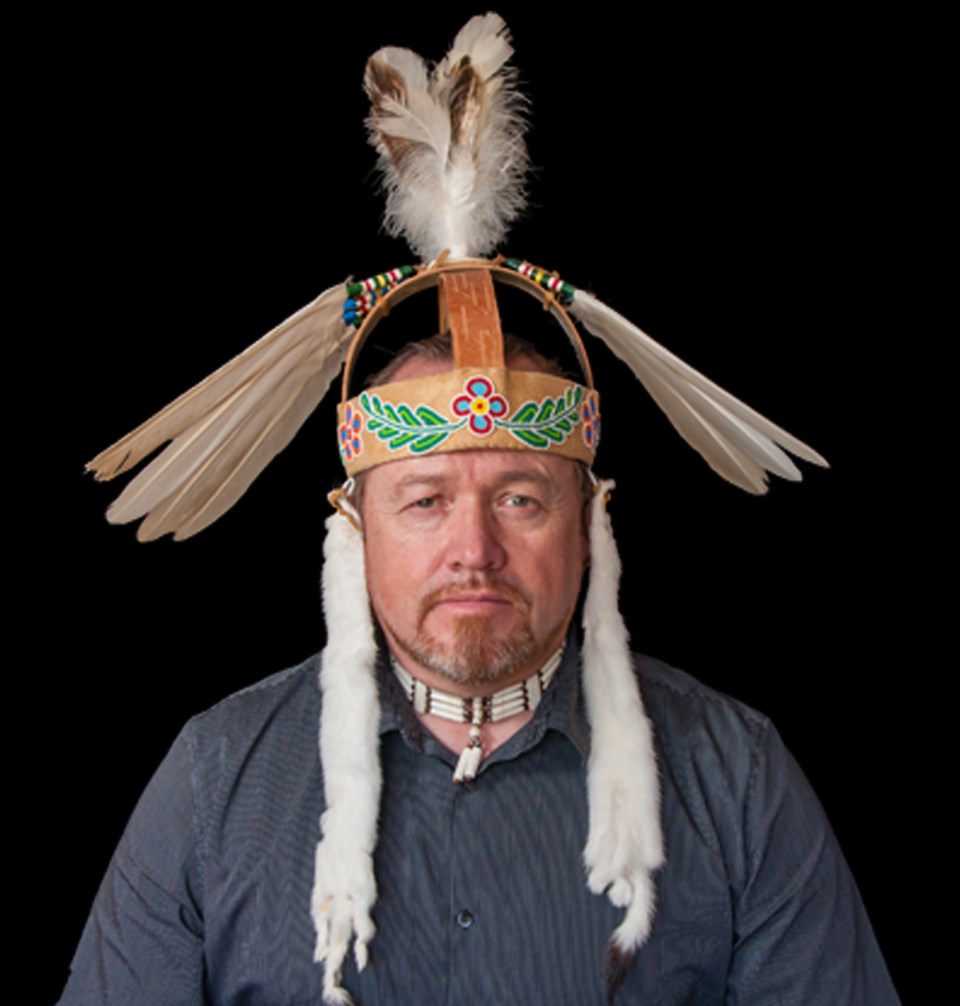The Chief of the Nipissing First Nation, west of North Bay, said he is concerned for his people who may be suffering with mental health, addiction, loneliness and isolation issues during the COVID-19 global pandemic. Chief Scott McLeod said even the strongest-minded, most stable members of his community are experiencing COVID fatigue now that we’ve been dealing with the virus for about a year now.
“Humans are very social creatures and I think we took that for granted before COVID hit. Staying at home doesn’t seem all that difficult until you start doing it for weeks on end,” the Chief said. “Everybody is really tired and wants to see us get back to some sense of normalcy. Our health department has been working non-stop with increases in everything from addictions to mental health issues. COVID has exacerbated problems that were already plaguing our community.”
Chief McLeod said it has been challenging to deal with people who need mental health assistance because due to COVID they have to be treated and counselled from a distance.
“The problem is that during these lockdown occurrences, addiction treatment centres which have waiting lists for services are simply not taking any new people during lockdown mode. It’s very problematic,” Chief McLeod said. “We do have supports within our community that we offer that don’t involve institutionalization. We do have programs like the ‘Right Path' that offer an array of services and assist those who want to get on a better path of life choices. But it’s still very hard. It’s a difficult situation to deal with at the best of times, never mind during a global pandemic.”
Chief McLeod said addiction and mental health issues are not unique to and not just confined to Indigenous communities. He said the whole world is having to deal right now with similar problems that have been made worse by the coronavirus.
The Chief is a staunch supporter of land-based, culturally-relevant treatment programs, an approach that has worked well with Indigenous people right across the country who are suffering from mental health and addiction issues.
“They tend to provide better results especially when you combine language and culture into those models. We are looking at various ways to help including those traditional approaches,” the Chief said. “We are looking at the best methods to treat addictions. Unfortunately trying to plan things during a pandemic makes things difficult.”
The Chief made his comments just before an announcement by the provincial government on March 4 where the Conservatives pledged over $12.8 million to immediately expand and enhance culturally appropriate mental health and addictions services for Indigenous peoples, families and communities across the province.
Details were released by Christine Elliott, Deputy Premier and Minister of Health, and Michael Tibollo, Associate Minister of Mental Health and Addictions.
"Now more than ever, it is critically important to ensure that everyone, including Indigenous communities, can access the safe and effective mental health and addictions services they deserve - when they need them and where they need them," said Minister Elliott. "Our government is committed to working with Indigenous communities and other health system partners to build a comprehensive and connected mental health and addictions system that people from every corner of the province can access.”
Gen Couchie, spokesperson for Nipissing First Nation, said it is not yet clear exactly how then territory will benefit from the new funding. She added that increased funding in the area of mental health and addiction treatment could be a huge help as the territory works to assist its vulnerable citizens. Couchie was also cautiously optimistic that the new funding could be used for an outreach program that the First Nation is currently developing.
- John McFadden is a Local Journalism Initiative reporter covering Indigenous issues for MuskokaRegion.com, ParrySound.com and Simcoe.com. His reporting is funded by the Canadian government through its Local Journalism Initiative.
